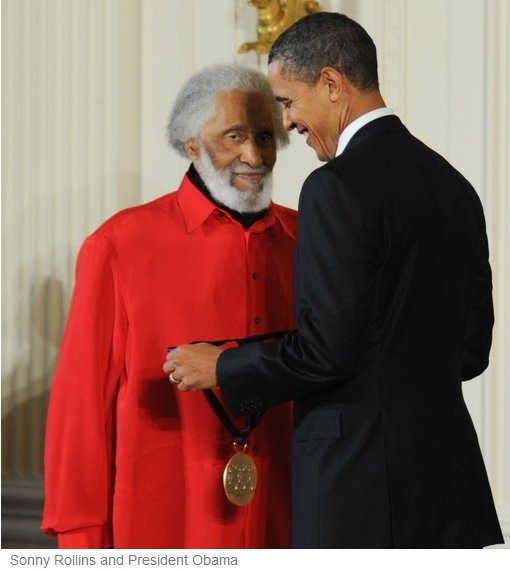Sean Collins reviews a pair of books that — rather than signing on to the idea of America as terminal-phase western Roman Empire — perhaps go too far in the other direction. The books are The World America Made by Robert Kagan and Strategic Vision: America and the Crisis of Global Power by Zbigniew Brzezinski:
It is clear that the US faces a number of challenges, especially with regard to its stagnant economy and gridlocked politics. But more and more, the country’s specific problems are overshadowed by creeping fears of national decline. This backdrop of decline extends beyond domestic economics to contemplating whether America’s influence in the world is diminishing, in particular relative to emerging powers like China.
[. . .]
Brzezinski is not only old, he’s old-school, too. His realpolitik approach, which includes Cold War concepts like containment, is actually refreshing in today’s age of flippant air-bombing humanitarianism. For example, he quite baldly comes out and calls for the US to lead an effort to expand the West (via NATO and the EU) to include Russia and Turkey. This, he says, is necessary to prevent Russia from striking out on its own, or allying with China. Brzezinski is also still very mindful that great-power politics have not disappeared, and could re-emerge more forcefully. More than once, he speculates that Asia today resembles Europe before the twentieth-century world wars, and argues for care to ensure that a new conflagration does not break out.
The two authors’ respective approaches to American relations with China illuminate their differences in approach. Kagan is blunt, arguing for an antagonistic stance. He calls on the US to ‘press for greater democratic and liberal reforms’ in China (and in other authoritarian nations), and to promote free trade and markets, and thus ‘push back’ against state capitalism in China. In contrast, Brzezinski urges a diplomatic approach, one that attempts to reach mutual agreement while preventing China from becoming a too-dominant regional power. He is opposed to the Obama administration’s recent ‘Asia pivot’, which calls for more US troops in the region. In an interview with Edward Luce in the Financial Times, Brzezinski warned: ‘We have to focus on Asia, but not in a manner that plays on everyone’s anxieties… It becomes very easy to demonise China and they will demonise us in return. Is that what we want?’
[. . .]
This is illustrated by their treatments of the recent wars in Iraq and Afghanistan. On the surface, the two seem to take very different lines. Kagan was bullish at the outset of both wars and, consistent with his general style in the book, he quickly skates right past such awkward issues. Brzezinski, in contrast, is damning, highlighting how the wars have undermined America’s ability to project its power. But the fact is that neither author really spends much time thinking about them. This is telling: both prefer to speculate about the future rather than face up to the reality of recent foreign-policy moves. Oddly, neither author examines either President George W Bush’s record or President Obama’s record. When Brzezinski does address the Bush administration’s foreign policy, his analytics go out the window and he just sneers. We are left believing that the interventions in Iraq and Afghanistan were nothing more than purely subjective mistakes made by Bush and his vice-president, Dick Cheney.




